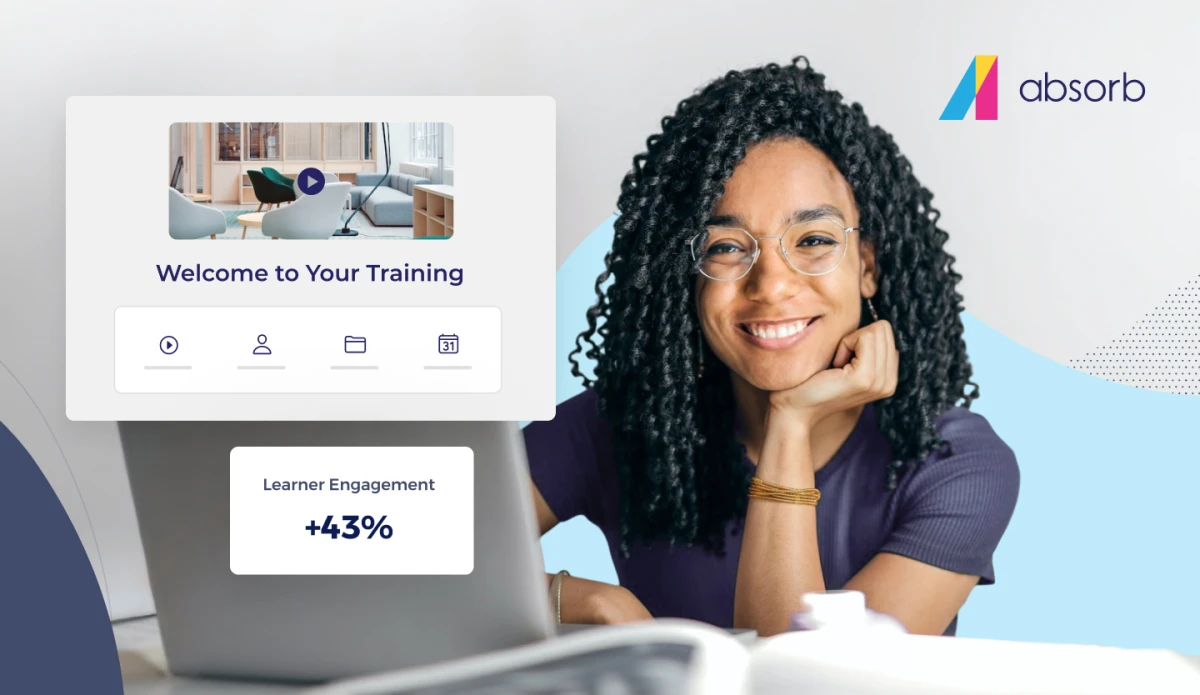Today's organizations employ people who remember turning a dial on a television set to change the channel. They also employ people who've never known a world without the Internet. These generational differences in the workplace impact all aspects of an organization, including how people learn. Today's learners span four generations: baby boomers, millennials, Gen X and Gen Z. Each group comes willing to learn in the workplace, but each has a different experience with technology and different expectations about learning.
Understand differences to leverage learning
To address these differences, as well as the unique learning and development needs that come with them, it's essential to first understand them. Each generation has common characteristics generally attributed to them that can inform your L&D strategy. For instance, baby boomers are internally focused and extrinsically motivated, according to Forbes. You might consider their workplace motto to be, "Reinforce my performance." According to The Balance Careers, Gen Xers value independence and self-direction. Their motto might be, "I can handle this on my own."
Millennials are the first generation to have used technology their entire lives. They expect feedback about their performance and place a high value on life outside of work, as also reported in The Balance Careers. They'll tell you, "Involve me in something that matters." Gen Z highly values innovation, entrepreneurship and digital connection, according to a press release by EY. Their motto: "I'm not afraid to make mistakes." A one-size-fits-all solution doesn't exist for all of these groups. However, with sound instructional design and content delivered via a variety of learning methods, organizations can successfully meet these varied generational learning needs.
Empower employees with learning options
Just as individual learners tend to prefer visual, auditory or kinesthetic styles of instruction, each generation has preferences for how they develop new skills. For example, millennials in the workplace have different development desires compared to their Gen X, Gen Z or baby boomer counterparts. To meet these contrasting needs, L&D professionals need to audit training offerings to ensure a variety of options are available. Rather than attempting to assign learners content based strictly on their generation or learning style, empower learners with a library of possibilities. Allow them to select what works for them. For example, if baby boomers are extrinsically motivated, consider using badges or leaderboards to drive them to complete learning activities.
For Gen X learners, who prefer self-directed learning, an on-demand library of courses provides them with the opportunity to create their learning path. If millennials focus on life outside of work, find ways to demonstrate the value informal learning offers them personally, not just as an employee. Finally, knowing that Gen Z values innovation, provide "sandbox" learning environments that allow them to experiment and make mistakes.
Perhaps most importantly, don't make assumptions about generational differences in the workplace. Although a baby boomer may have logged into the Web later in life than a Gen Z employee, they may still prefer online courses or be just as savvy about digital innovation. The true goal for L&D teams should be to provide training opportunities that engage the entire workforce, regardless of generation, learning style or any other characteristic. Meeting the learning needs of four generations requires effort. However, it also offers exciting opportunities for learners to make meaningful connections outside of their peer group. These connections help build a learning culture that embraces diversity of thought and experience that will support an organization's growth for generations to come.





